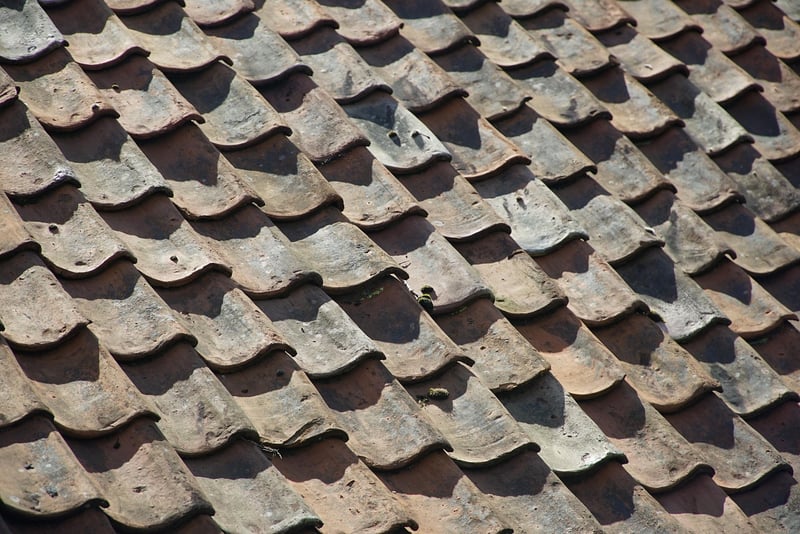Roof-Top Greenery
The Benefits of Green Spaces in Urban Areas
Urban areas are often bustling with activity, but amidst the concrete jungle, green spaces play a crucial role in enhancing the quality of life for city dwellers. These pockets of nature offer a myriad of benefits that contribute to both physical and mental well-being.
Improving Air Quality
Green spaces help combat air pollution by absorbing carbon dioxide and releasing oxygen through the process of photosynthesis. Trees and plants act as natural air filters, trapping pollutants and particulate matter, thus improving the air quality in urban environments.
Enhancing Mental Health
Spending time in green spaces has been linked to reduced stress levels, improved mood, and increased cognitive function. The tranquility and beauty of nature provide a welcome escape from the hustle and bustle of city life, promoting relaxation and mental well-being.
Promoting Physical Activity
Green spaces offer opportunities for outdoor recreation and exercise, encouraging people to engage in physical activities such as walking, jogging, or cycling. These activities not only promote fitness but also contribute to overall health and well-being.
Roof-Top Greenery
Roof-top greenery, also known as green roofs, is a sustainable practice that involves covering rooftops with vegetation. Green roofs provide insulation, reduce energy costs, and mitigate the urban heat island effect by absorbing heat and reducing temperatures.
Creating a Greener Future
As cities continue to grow and expand, the importance of incorporating green spaces into urban planning cannot be overstated. From parks and gardens to green roofs and vertical gardens, these initiatives contribute to a more sustainable, livable, and vibrant urban environment.

Embracing green spaces in urban areas is not just a matter of aesthetics but a necessity for creating healthier and more resilient cities for future generations to enjoy.
Let's strive to make our cities greener, one tree, one park, one rooftop garden at a time.
